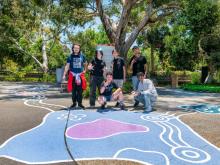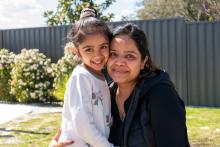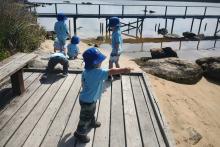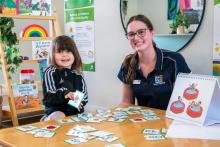Education facilitates a critical stage in a young person’s development and has a significant influence on Western Australian culture, but many students are walking away from school.


Education facilitates a critical stage in a young person’s development and has a significant influence on Western Australian culture, but many students are walking away from school.
Education lays the foundation for future learning, employment and overall wellbeing, however regular school attendance and a sense of belonging is essential for young people to reap the rewards.
Rates of exclusion and suspension from mainstream education in WA continue to rise year on year, according to the Department of Education, and students are walking away from systems that fail to adequately teach, support, include or understand them.
The Y WA argues that these are not isolated behaviours, but clear signals that the system is not meeting the current needs of students.
According to the youth education services provider, the challenge is to listen and respond by building a more knowledge-rich, inclusive, connected, and supportive pathway to education.
The Y WA has been working towards this goal for a long time and in 2023, it formalised this commitment by launching a new Education Strategy revolving entirely around the voices of the young people it serves.
The strategy outlines four fundamental outcomes every young Western Australian deserves: a strong sense of belonging, the development of competence, the opportunity for independence, and meaningful connection to others and community.
These outcomes are considered essential ingredients to enable a person to flourish, and the Y WA’s philosophy is underpinned by the belief that all young people have the capacity to flourish when their unique strengths and interests are supported in a safe, inclusive, and nurturing environment.
This commitment is especially vital for those who are at risk of walking away from school or already have.
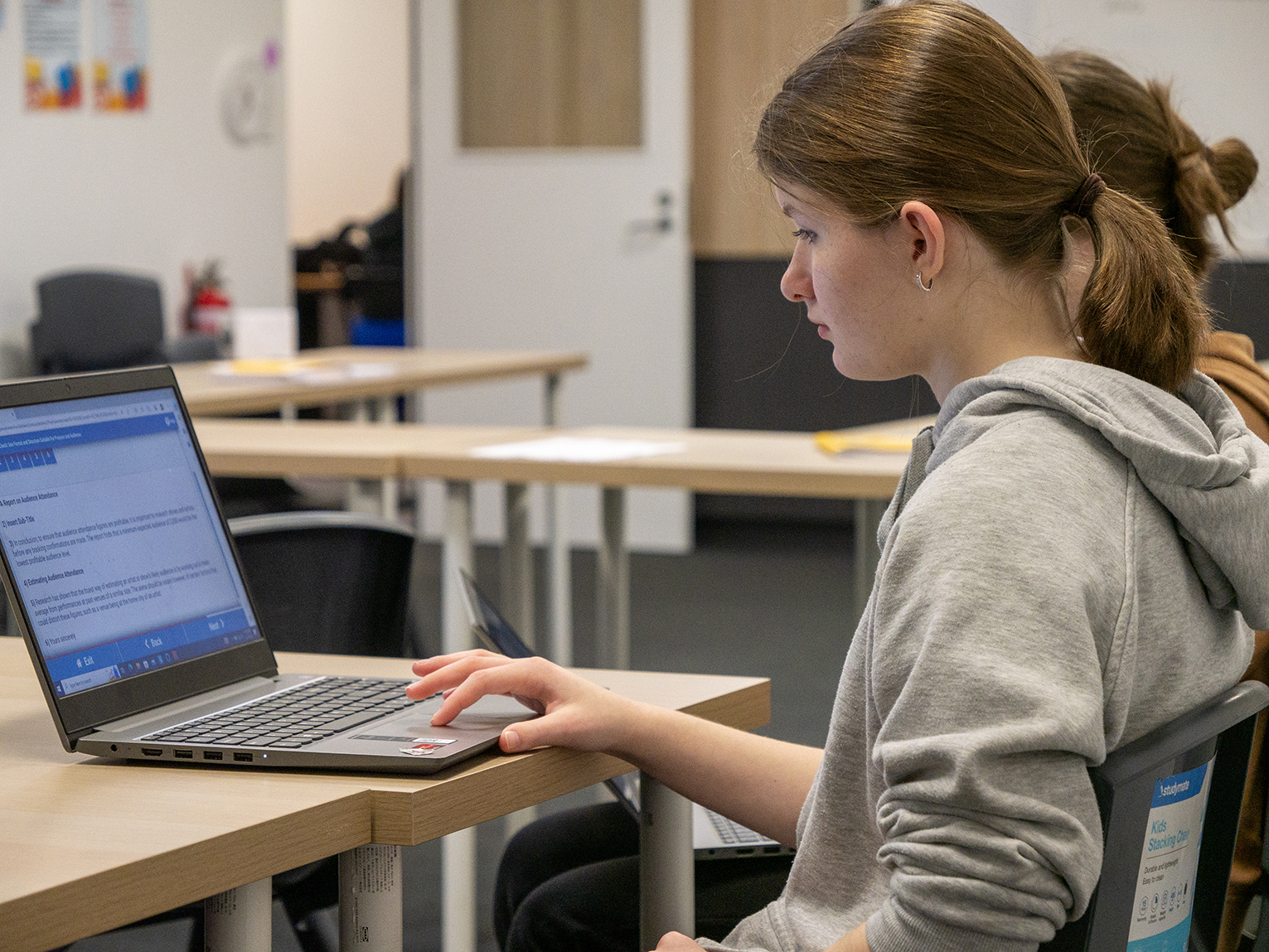
The Y WA formally launched its Education Strategy in 2023 to guide its mission to build an inclusive path to education.
The organisation’s youth engagement and education services provide case management support, which involves working closely with a young person to help them to problem-solve and co-design a personalised plan that reconnects them with education.
The focus is on rebuilding the link to education and knowledge creation, whether that’s through formal schooling, tertiary pathways or work-based learning.
The Y WA measures the impact of its case management services using the 5Cs Positive Youth Development (PYD) student questionnaire, a tool derived from the 5Cs Model of PYD which assesses a young person’s competence, confidence, character, connection, and caring qualities – otherwise known as the 5Cs.
"Our experience shows that when knowledge building, belonging and connection are placed at the heart of education, young people don’t just stay engaged, they flourish." The Y WA CEO Tim McDonald
The PYD-5C questionnaire consists of 34 items that a student must respond to within the short-form questionnaire, which ultimately identifies their capacity to deliver each of the 5Cs.
This model of impact measurement suggests that when a young person’s internal strengths align within a resource-rich educational environment, they can grow their ability to excel within the 5Cs.
They are also more likely to exhibit a sixth ‘C’ when they display strong skills in the key 5Cs.
This additional 'C' symbolises contribution and refers to a young person's ability to contribute to their family, friends, peers, greater community, and even themselves, leading them towards idealised personhood.
The Y WA has aligned itself with the 5Cs model over other conceptualisations of wellbeing because this sixth C reflects the DNA of the Y as an organisation founded by young people who were passionate about making positive contributions to their community.
Over the past three years, the Y WA has collected 1,000 PYD-5C scores from young Western Australians.
The resulting scores were particularly low in 2023 for young people in case management compared with other youth service contexts, however several months of support led to an increase in these results, particularly in the areas of confidence, connection and competence.
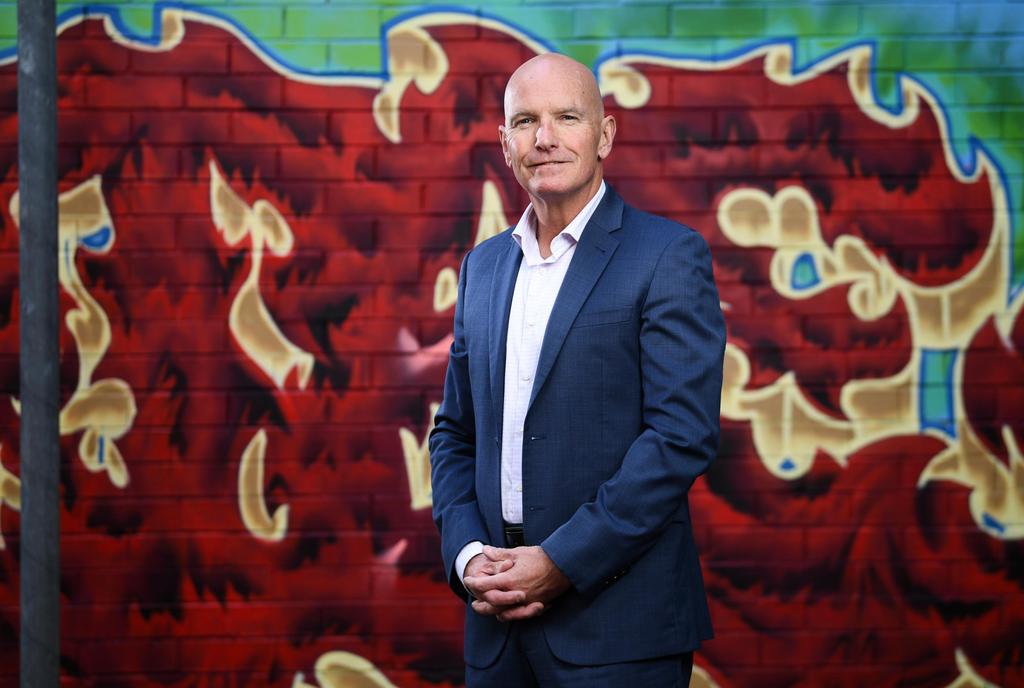
The Y WA CEO Tim McDonald says WA's traditional education model no longer meets the needs of all students.
These young people were also asked to reflect on the most important change that happened to them after engaging with the Y WA’s case management services, and one young person said, “[I’m] not as shy, I have found my voice and I am not scared to say what is important to me. My confidence has increased.”
Another young person said, “[I] gained a lot of self-confidence, I don’t put myself down and I am socialising more with people.”
Specialised school supports re-engagement
The Y School was created to support students who have disengaged from mainstream education by fostering an environment centred around belonging, competence, independence, and connection.
The school embraces students from all backgrounds and recognises the sense of belonging as one of the most powerful drivers of student motivation and achievement.
The Y School executive principal Liz Parker explained that the school promoted belonging by delivering inclusive teaching practices, creating an environment where diversity is celebrated and helping students to establish supportive relationships with trusted adults.
“Young people cannot learn if they don’t feel like they belong,” Ms Parker said.
“From the way classrooms are structured to how staff engage with students, everything is designed to build knowledge, connection, trust and self-belief.
“This is about more than just about keeping students in school; it’s about supporting them to re-engage with learning, develop their sense of agency, and build a future full of possibility.”
Each student at the Y School follows an Individualised Education Plan tailored to their emerging ability, unique interests, strengths and goals.
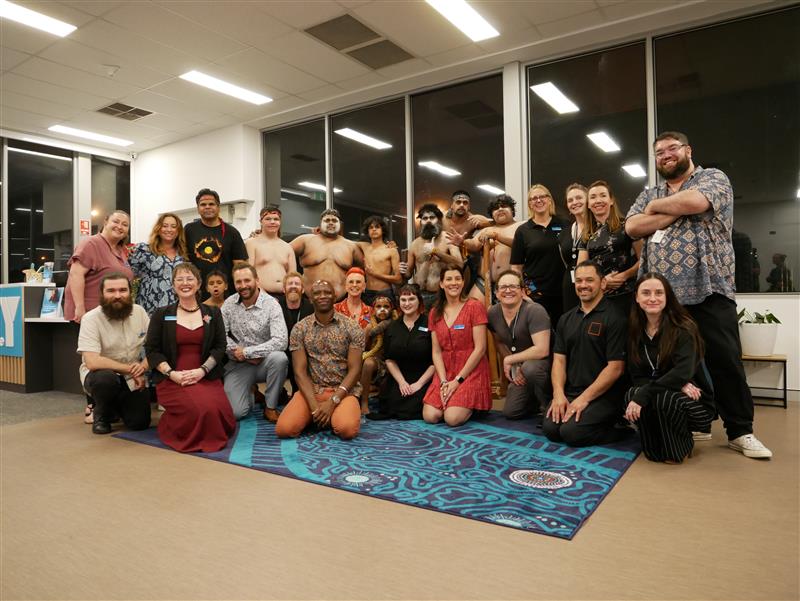
The Y School team are endlessly committed to supporting young people in WA.
Data collected through the PYD-5C student questionnaire, which produces a score ranging from 0 to 100, has shown improvements in outcomes for these students.
The average score recorded in Term 1 was 59.5, which then lifted 6.8 per cent to 63.6 in Term 3.
There were 17 students who completed both a pre- and post-survey, and the average increase in individual PYD score for this cohort was 3.29.
Within the 5Cs, the greatest increase was for the caring domain, which indicated to a growth in students’ social skills and ability to empathise and sympathise with other people.
"It’s time to evolve the system to ensure every young person in Western Australia has the opportunity to learn and flourish." Dr McDonald
With suspension and exclusion rates continuing to rise, serious concerns are being raised about the mainstream system’s capacity to meet the knowledge and social requirements of all young people.
The Y WA is calling on educators, policymakers, and communities to rethink what a knowledge-rich and inclusive education looks like, especially for those youth who have fallen behind.
The Y WA chief executive Tim McDonald said the traditional education model in WA no longer meets the needs of all students.
“When young people disengage and stop showing up, they are telling us clearly that the system isn’t working for them,” Dr McDonald said.
“Our experience shows that when knowledge building, belonging and connection are placed at the heart of education, young people don’t just stay engaged, they flourish.
“It’s time to evolve the system to ensure every young person in Western Australia has the opportunity to learn and flourish.”
The story of education in WA should not be defined by rising suspensions and exclusions that consign young people to a life of reduced learning and employment opportunities.
As a model for others to follow, the Y School has been structured around student learning that recognises their potential to grow in community and create environments where they can truly succeed.
This shift away from traditional schooling is lighting the way for an inclusive, equitable, and responsive education system.





